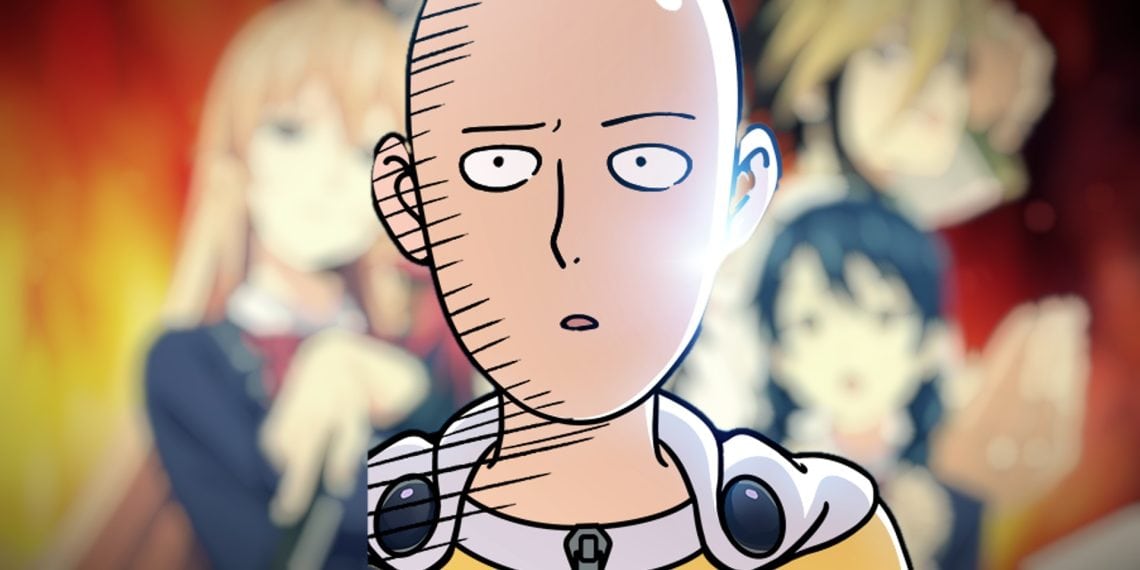Tomoyuki Miyata has had an extensive, decades-long career in the anime industry. As the founder of the acclaimed animation studio J.C.Staff, he has overseen the production of many popular and influential anime series over the years, from the 1990s supernatural drama Revolutionary Girl Utena to recent hits like Food Wars and One-Punch Man’s second season.
In a revealing interview, Miyata traced his career journey, from getting his start at the venerable Tatsunoko Production house in his youth. He worked his way up to become a producer there.
However, the sudden death of Tatsunoko’s president Tatsuo Yoshida, combined with the departure of top director Hisayuki Toriumi, left Miyata as one of the few veteran creative leaders holding things together at the studio during a turbulent period.
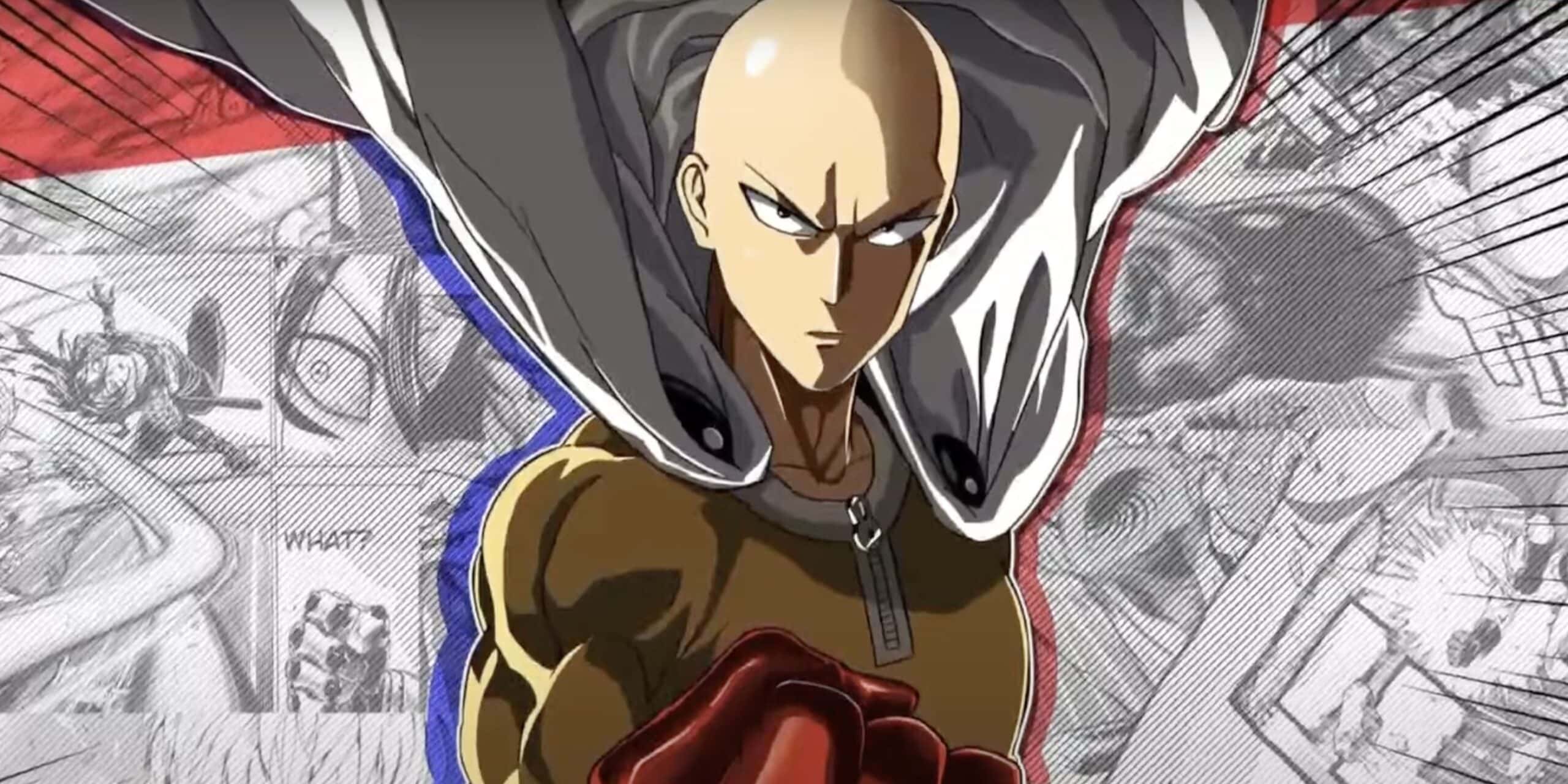
The immense stress and pressure of that situation took a major toll on Miyata’s health. He developed a series of severe stomach illnesses and conditions so critical that he required surgery to remove a full two-thirds of his stomach.
This is just one example of the huge personal and physical sacrifices those at the highest levels of the anime industry are often forced to make due to its frequent crunch times and relentless production schedules.
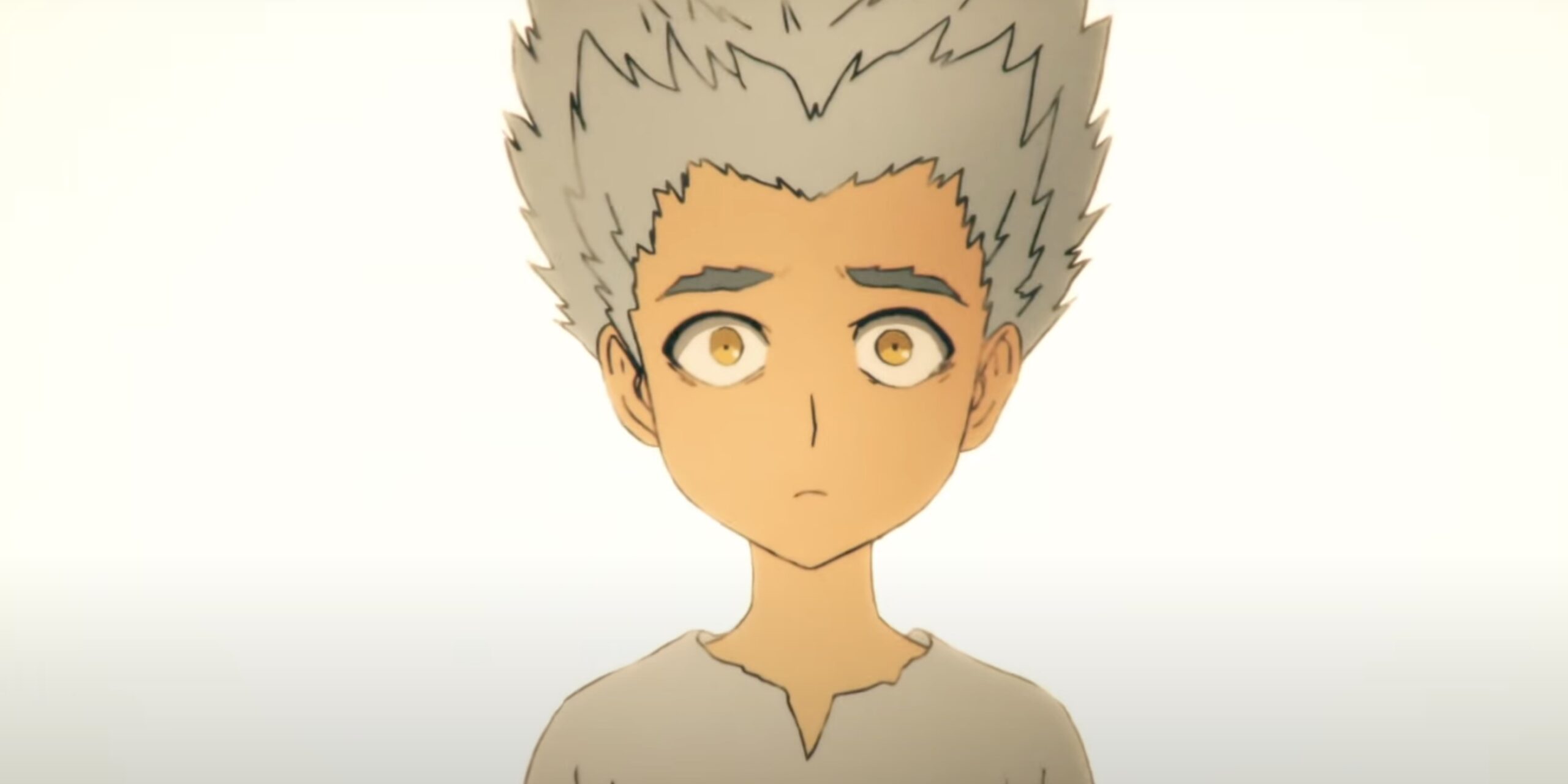
Despite these challenges, the perseverance and dedication of veterans like Miyata have allowed Japan’s anime industry to continue thriving and captivating global audiences.
Battling Health Challenges and Climbing the Anime Industry Ladder
In the interview, Tomoyuki Miyata explained that there was an extremely busy and stressful period early in his anime industry career. Due to the immense pressure, he developed a severe stomach ulcer that required surgery to remove two-thirds of his stomach. However, incredibly, Miyata was back at work just 10 days after this major procedure.
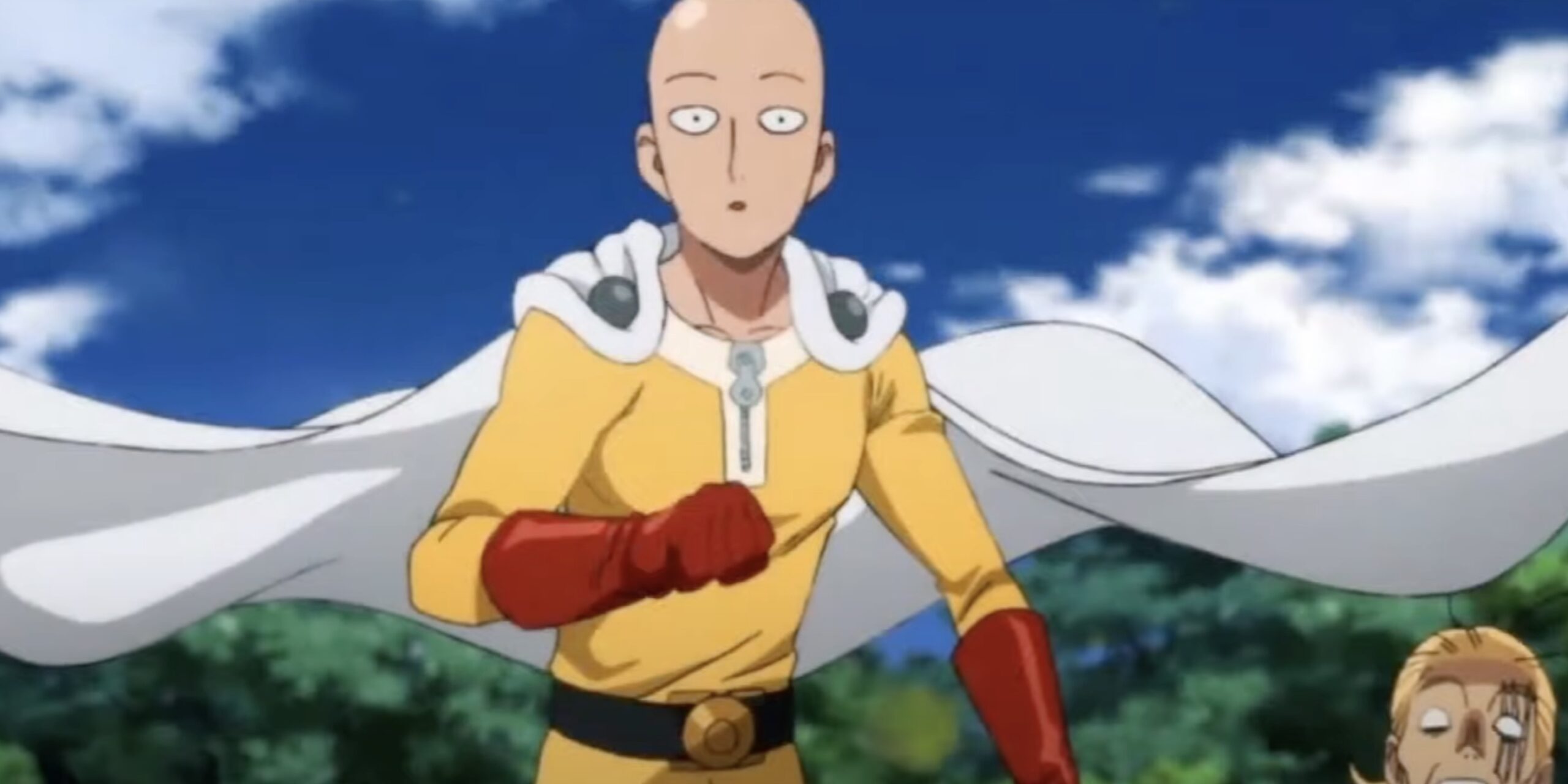
His health issues continued though, as the stress also triggered a bout of alopecia areata, an autoimmune disorder that caused hair loss. As his hair grew back in patches, Miyata had to color over the bald spots with a marker until they filled back in.
On top of that, extreme fatigue led him to develop acute hepatitis, causing jaundice that hospitalized him for a time. Yet even while hospitalized, his dedication was such that Miyata continued working – taking trains to meetings with investors before returning to his hospital bed.
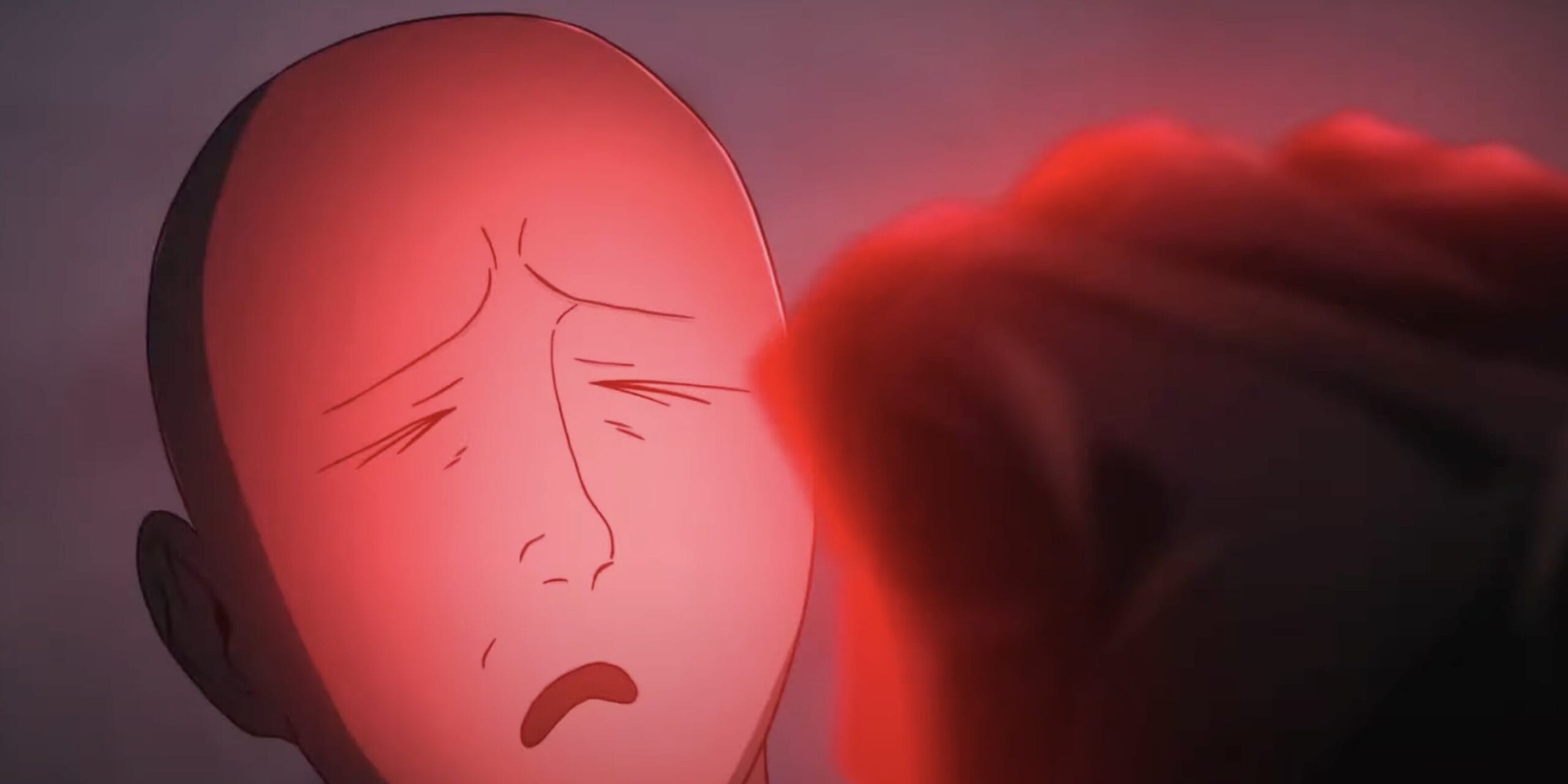
Earlier in his career, Miyata had been hired at the prestigious Tatsunoko Production animation studio at age 23, despite having no industry qualifications whatsoever at the time. He landed the job due to his friendship with neighbor and famed artist Yoshitaka Amano, the original designer for the Final Fantasy video game franchise.
Initially given cleaning duties at the studio, Miyata also served tea and transcribed voice recordings, not allowed to leave work before his managers did – instilling an incredible sense of responsibility in him.
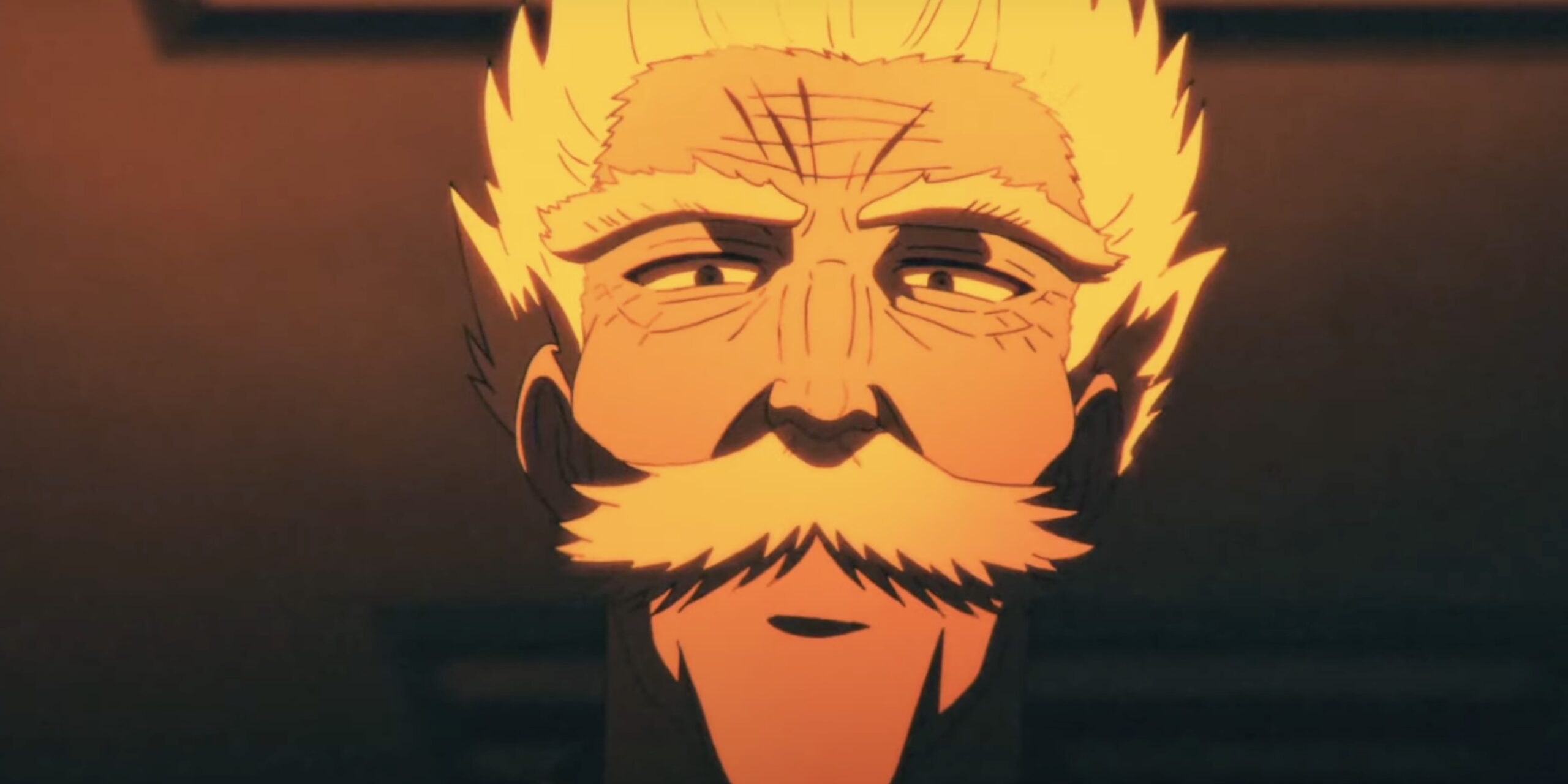
His first impromptu promotion to producer role came suddenly when Tatsunoko’s President Yoshida unexpectedly put Miyata on the spot in front of investors, introducing him as a lead planner for an anime project and having him explain details right then and there.
This trial-by-fire moment likely catalyzed Miyata’s rise through the production ranks in subsequent years.
Tomoyuki Miyata’s Diverse Journey in Anime
In the multi-part interview, Miyata discussed several other chapters of his life before founding J.C.Staff. Originally, he had aspirations of becoming a Hollywood hairdresser. During his youth, Miyata was also active in anti-war protest movements and lived a “hippie” lifestyle for a period.
At Tatsunoko, one of Miyata’s responsibilities was mentoring younger talent. He gave eventual directors like Koichi Mashimo their start in the industry, with Mashimo going on to helm acclaimed series like .hack//Sign and take over the Time Bokan franchise.
After leaving Tatsunoko, Miyata had a stint at Kitty Films, serving as producer on Rumiko Takahashi’s hit series Ranma 1⁄2. He also produced an anime adaptation of popular manga artist Mitsuru Adachi’s series Miyuki.
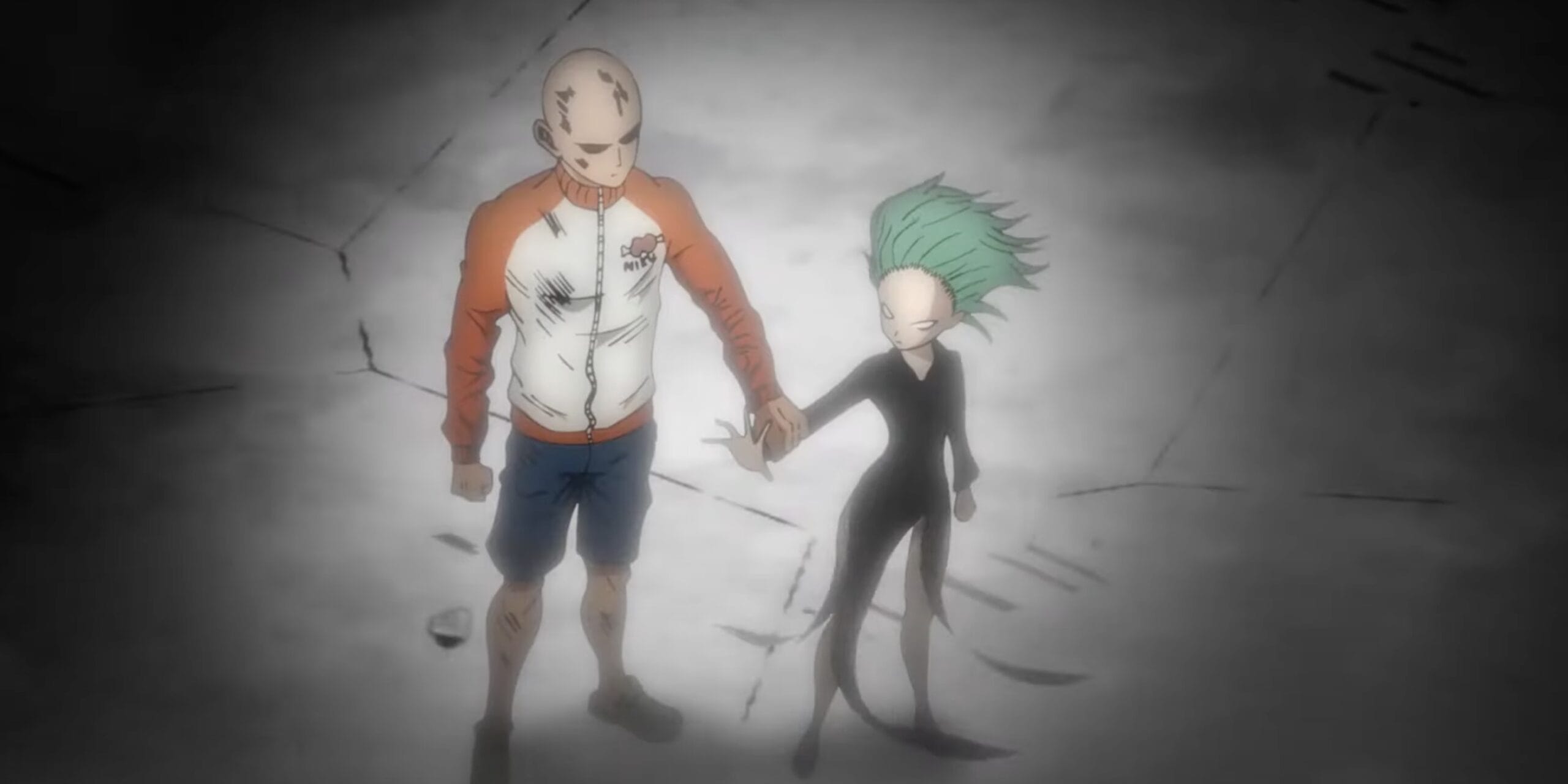
Then in January 1986 at age 36, Miyata founded his own studio – J.C.Staff. His ambition was to improve many of the poor working conditions that animators faced at the time, many of which persist as issues today.
Miyata instilled a motto at J.C.Staff focused on creating art to help people – similar to the motto later embraced by Jujutsu Kaisen Season 1 director Sunghoo Park at his new studio E&H Production, after splitting from studio MAPPA over production issues.

